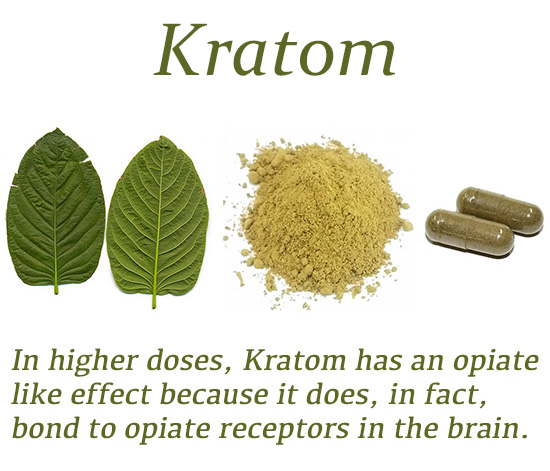Recently, I have received a number of calls from prospective patients who have become addicted to Kratom. Kratom is a complex drug containing more than 40 chemicals extracted from an evergreen tree in Southeast Asia known as Mitragyna Speciosa. After reading about its wonder-drug effects, it is easy to see how someone might give it a try – and then get into some serious trouble.
In low doses, Kratom acts as a stimulant. In higher doses, the opioid effects become predominant and soon there is physical dependence. Someone who uses Kratom regularly and stops will experience an opioid withdrawal syndrome including irritability, nausea, high blood pressure and insomnia. At least one death has been attributed to Kratom as well as hundreds of ER visits nationwide.

In my view, the big problem here is not simply the drug itself, but the way it is perceived. Unlike heroin, which almost everyone you ask (including addicts) will tell you is dangerous and bad, Kratom has enjoyed a more benign reputation. Moreover, as the stimulant effects predominate in low doses, a new user doesn’t feel the opioid effects present when one takes more of the drug and tolerance develops. Once that realization occurs, it is too late. The Kratom user is “hooked”.
Unfortunately, many members of the medical community have not yet appreciated the significance or popularity of this drug and have not educated themselves about it. Many treatment programs do not offer treatment for Kratom addiction leaving someone physically dependent on the drug to self-detox – a potentially dangerous and very uncomfortable experience.
Over the past year I have detoxed several patients from Kratom using a combination of drugs including low-dose Suboxone. These detoxes have been free of complications and the patients have remained relatively comfortable. Moreover, with appropriate after-care opiate cravings can be controlled and the patient can feel normal once again.
If you or a loved one finds themselves addicted to Kratom give me a call as it is likely I can help.



